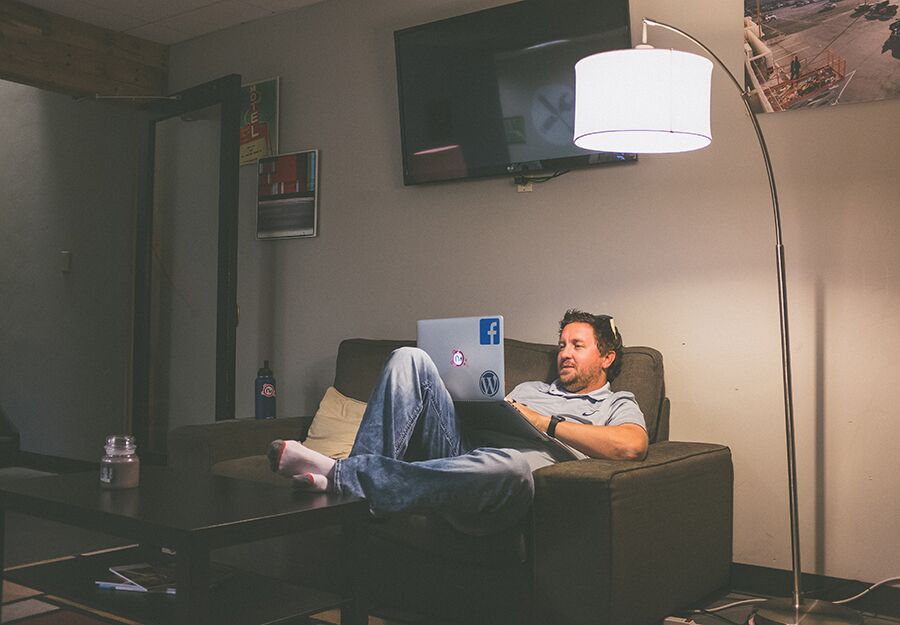For years, Scandinavians have had a reputation for placing at least as much importance on their personal life and well-being as on their professional endeavours and expectations. One consequence of this concern has been the emergence of the 6-hour working day, which first became popular in the 1990s, and is having a resurgence today. But is it really feasible?
Erika Hellstrom, and many like her, the answer is yes. The theory is that working fewer hours means people are actually more productive within the time they do put in, and therefore get just as much done – if not more. It’s not just a case of clocking out of work early; Swedes are expected to completely omit social media, online shopping, personal calls, and other irrelevant activities from their work day. And as these pass-times have been found to eat up a massive 1.5 – 3 hours of the average American worker’s workday, as reported by The Atlantic, the maths adds up. Essentially, you’ll be spending the exact same amount of time working while at work. Just fewer hours squandered procrastinating in the office, and more freed up to spend as you wish.
Read more »









